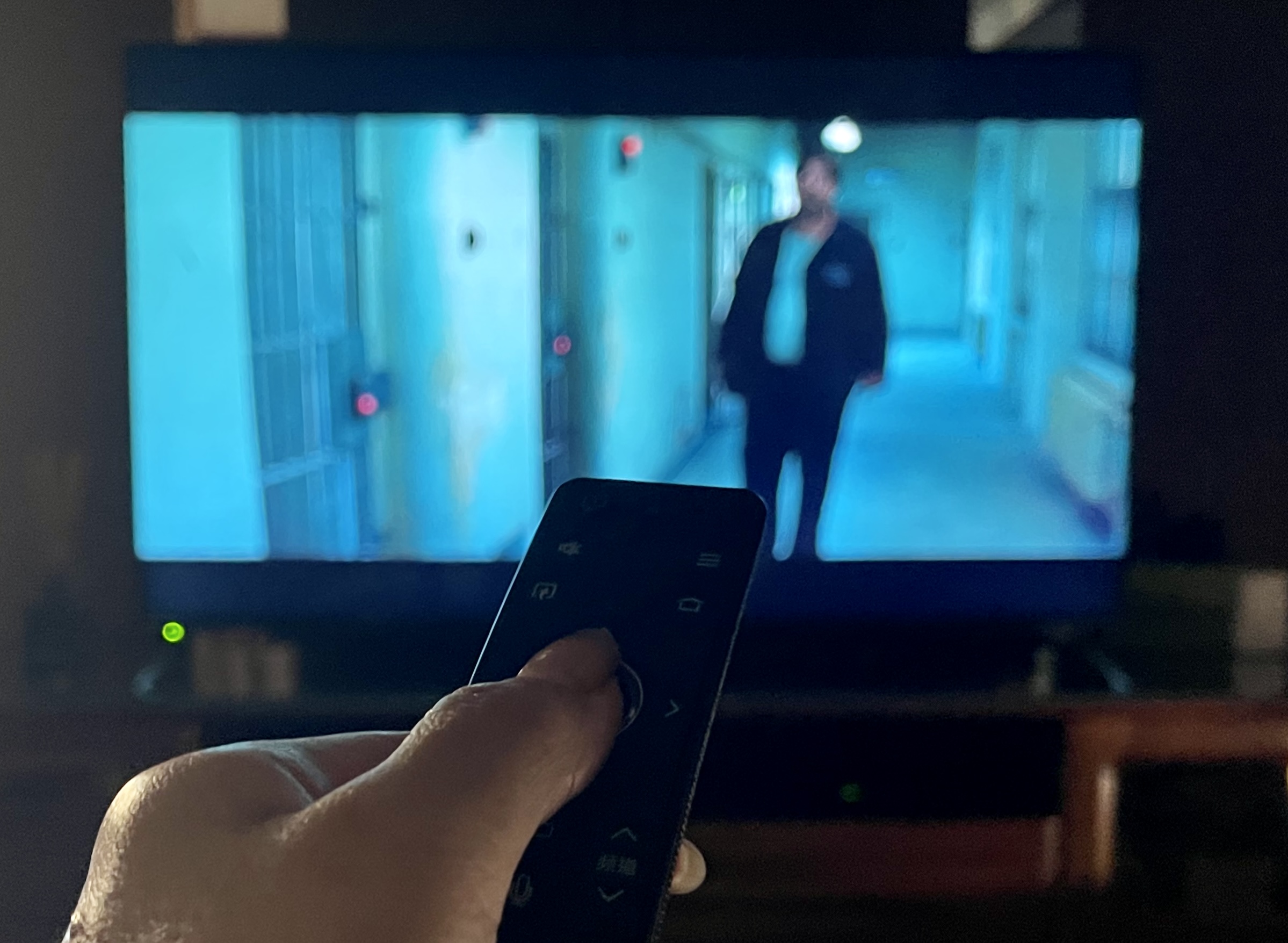Death by streaming
The fall of good media and the rise of my temper.
It’s October folks, which means that whether you’re getting ready to indulge in the latest monster mashes for Halloween or escaping the hell that is midterms, you should theoretically be parking yourself on the couch to binge your TV shows of choice on whichever streaming service you’ve sold your soul to. Theoretically. Because you see, while I’m all for a TV binge as much as the next person, it’s tough to put theory into practice when every show I find myself getting into gets cancelled less than two months after its release.
For those of you who don’t know, Kaos has officially been cancelled. This means that after only one season, as insanely good as it was, Kaos is now just one more show on a list of over 50 that have been cancelled this year. On the bright side, it’s not as bad as 2023 where approximately 85 different shows were cancelled across streaming services. Netflix alone cancelled 20. But hey, give it time. It’s only October, we could still catch up.
Why, though, do these streaming services seem like they are out to get us? We’re already paying them more than they are worth for a measly eight episodes of content. Which, for the record, is barely anything. I’m not one to bring up the “good old days,” but bingeing in the 2010s meant fitting six seasons of 24 40-minute-long episodes each into one month. At least. I finished Kaos in a single Saturday and still got all my chores done. So why the limited content and the even shorter lifespan?
Well, Netflix says money. Streaming services need a certain number of views to generate a certain amount of revenue per season. With the change in viewership patterns over the years, we now get shorter seasons that are easier to watch in one go so that they can keep our attention. You know, because corporations think we all have the memory of a goldfish and can’t possibly find things interesting for longer than three days.
Now, I think that the majority of streaming services are run by greedy, capitalistic, old men who break out into hives at the slightest hint of diversity (because, oh no, how dare we accurately represent all the wonderful, different types of people in society) and good storytelling (because oh no how dare we send out a message in our media that might critique society and encourage change for the better).
However, there is one factor that has almost single-handedly caused this shift in media production and consumption, and that’s COVID-19. See, during lockdown, we had absolutely nothing to do except watch TV, and streaming services provided what you wanted to watch on command and then some. So, we all bought our subscriptions and we binged all our favourite shows and then binged them again and then went and binged everything else that looked vaguely interesting. This made the streaming sites a whole lot of money, without having to spend it on things like marketing because we were doing the job for them. We were bored and mandated to stay inside the house, what else would we do? Go for a walk?
However, now we can go outside and go for walks, and instead of streaming sites adjusting to the “new,” they cancel shows that don’t get them the same statistics as during the lockdown. As a result, fewer people stream shows because they don’t want to get invested in one that could be cancelled at any moment. So, Netflix cancels it, perpetuating a never-ending cycle. And that is how capitalism is marching us to the death of good media.
That, of course, brings us to the question of whether anything can be done about it. Well, yes. You can write to company officials, send your discontent through the complaints section of the website, start petitions, speak about it on social media, and all sorts of other things. Or you could even take the drastic measure of cancelling your subscriptions in the hopes that it catches the company’s attention. Personally, I think pirate costumes are in every time of year. But I’ll leave that up to you.

